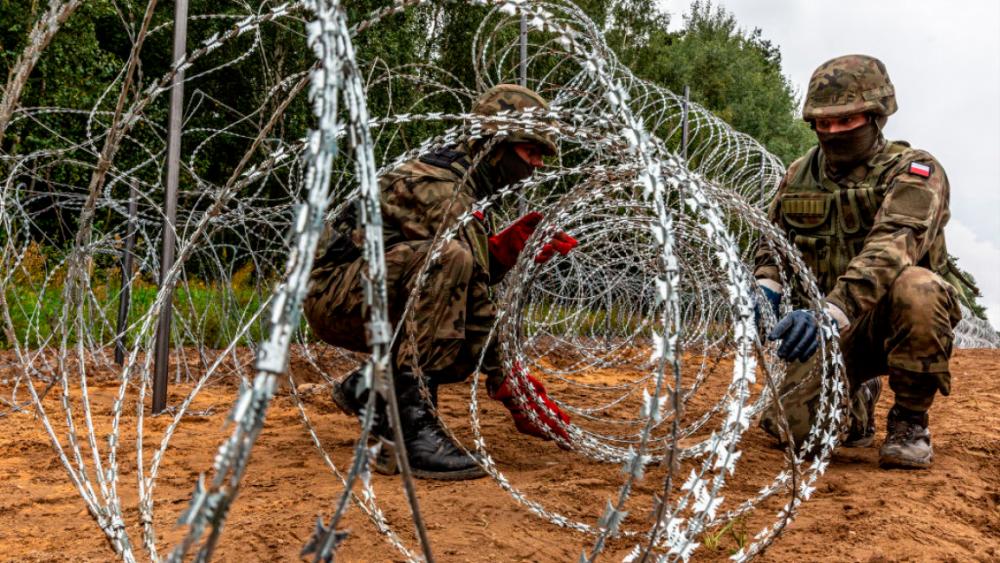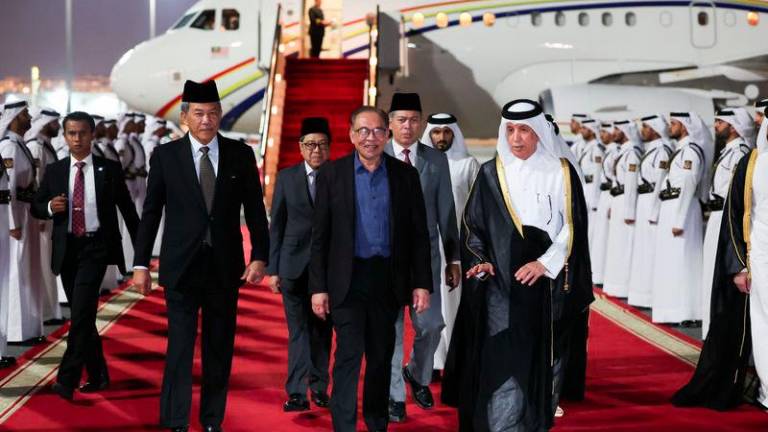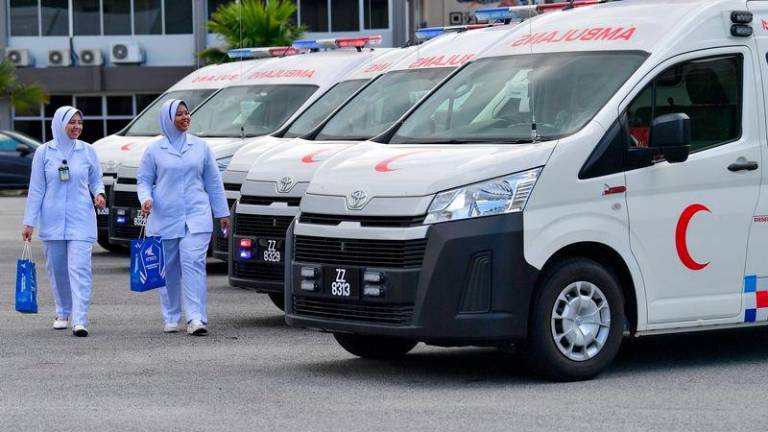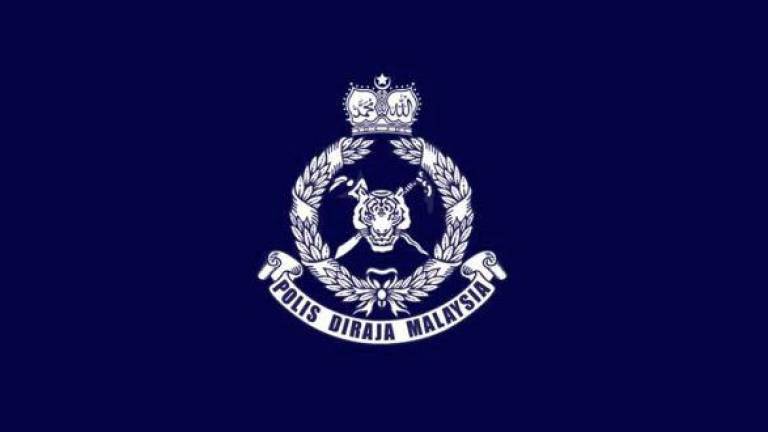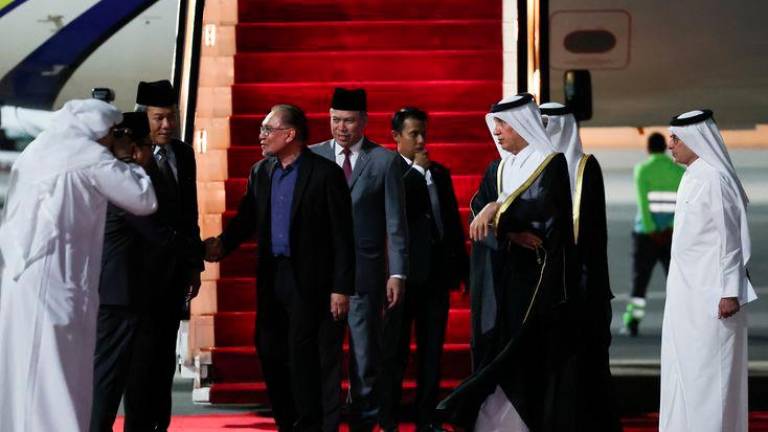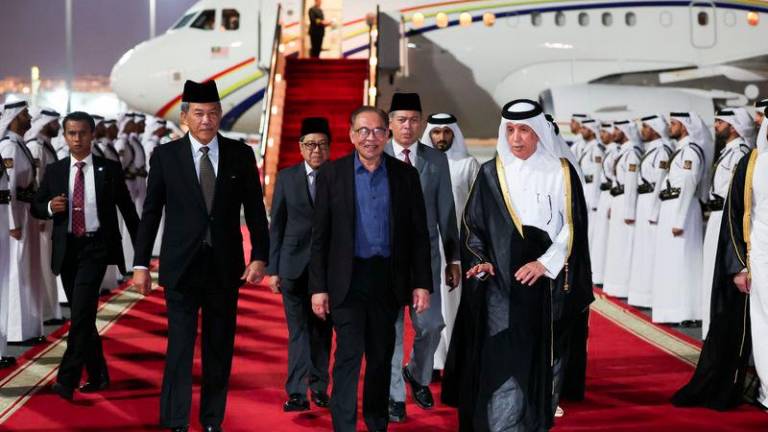WARSAW: Poland on Tuesday was set to declare a state of emergency along its border with Belarus after a large influx of migrants, which Warsaw suspects is being engineered by the regime in Minsk.
The state of emergency would apply for 30 days and would include a ban on any demonstrations at the border as well as an obligation for people in the area to carry identity documents.
The government approved the measure, which is now expected to be signed off by President Andrzej Duda in the coming hours and then needs final approval from the parliament.
According to analysts, the state of emergency would also enable the government to limit border access for reporters — and for NGOs helping the migrants, who have accused Polish guards of pushing migrants back towards Belarus.
“The situation on the border with Belarus is a constant crisis,“ Prime Minister Mateusz Morawiecki told reporters.
“That is why we have decided to propose this solution to the president,“ he said.
Duda said it was “necessary to tighten the border”.
- A ‘hybrid attack’ -
Thousands of migrants — mostly from the Middle East — have crossed over from Belarus into the three eastern EU member states of Latvia, Lithuania and Poland in recent months.
The European Union believes the migrants are being directed into the EU as a form of retaliation by Belarusian strongman Alexander Lukashenko against increasingly stringent EU sanctions on his country.
Poland has called the move a “hybrid attack” on the whole bloc, has sent 2,000 troops to assist its border guards and built a barbed wire fence along the border.
Morawiecki on Tuesday said Lukashenko was trying “to introduce a destabilising element on the territory of our countries”.
The case of a group of around 30 migrants believed to be from Afghanistan and stranded on the Poland-Belarus border for more than three weeks in a makeshift encampment has divided Poland.
The government has pursued a tough line, preventing them from entering the country and making asylum claims.
But its approach has been heavily criticised by the liberal opposition, non-governmental organisations and the Catholic Church. — AFP



